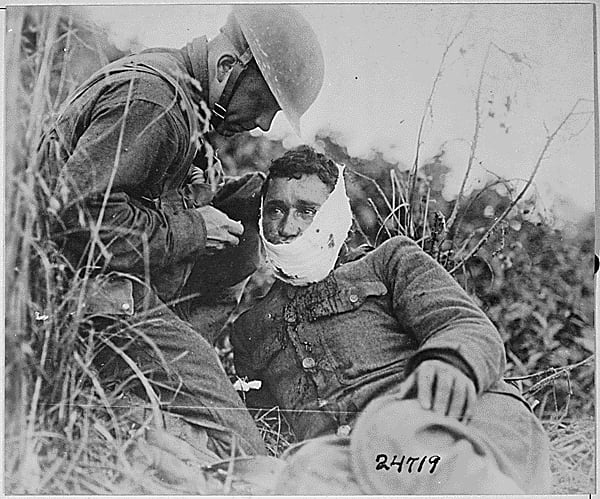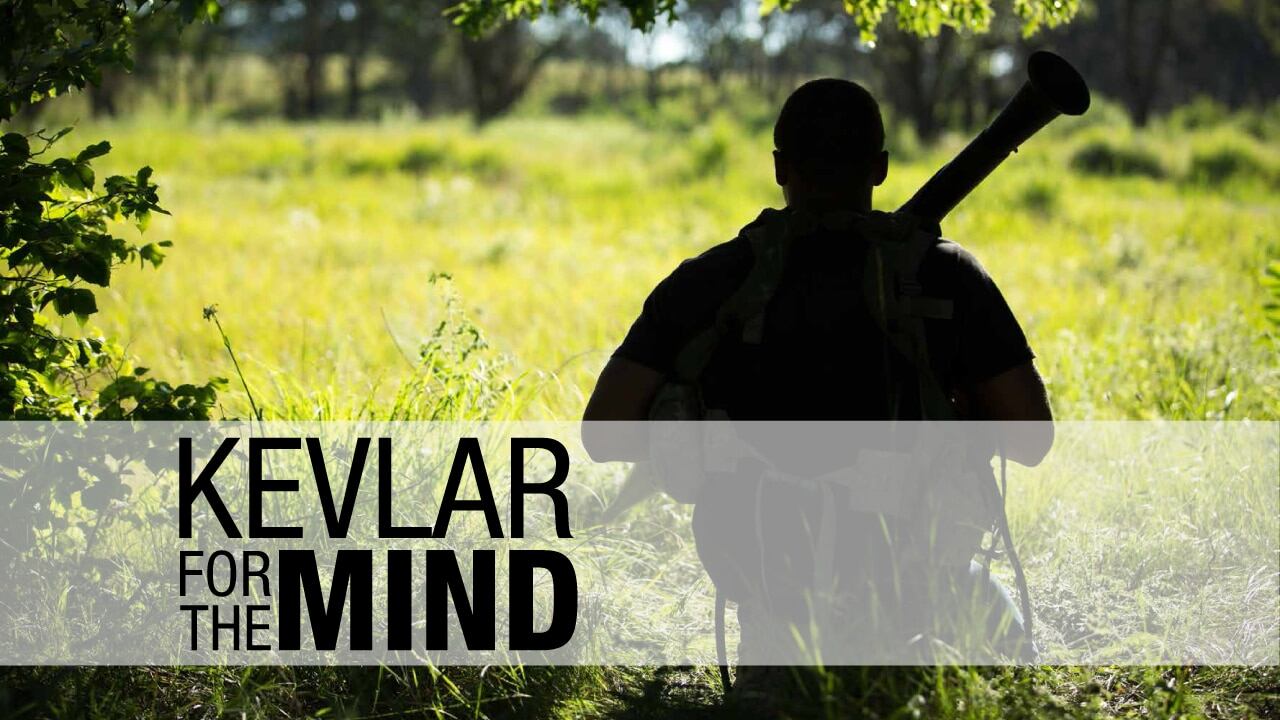It was 15 years ago that combat operations began in Iraq. Today, relatively few troops remain in the country as part of security or training missions.
But as one of our nation’s most protracted wars, the psychological aftereffects of the conflict are still fresh. And our nation is still battling the consequences of sending its citizens overseas.
It’s been estimated that more than 500,000 Iraq and Afghanistan veterans are dealing with some form of psychiatric disorder. The most notable is post-traumatic stress disorder. PTSD is not unique to the recent conflicts in the Middle East. It has a long and sordid history with war.
During the Civil War, doctors labelled it “Soldier’s Heart” because of the symptoms of shortness of breath and racing heart commonly seen in front-line soldiers. It was anxiety, not a heart problem.
Symptoms of exhaustion and intense fear in World War II soldiers resulted in the label “battle fatigue.” Unfortunately, many of these soldiers were called cowards and punished for their psychological reactions to combat.
RELATED

It wasn’t until our Vietnam veterans began returning home that we were able to more accurately describe and classify what we now know as PTSD.
As a psychologist, I’m often asked if our current treatments work. Being in the unique position of having both prescribed medication and provided trauma-focused talk therapies, I have a pretty good frame of reference. And my first response is, “They do for some, but not all.”
My second response is, “There is another option.”
Our approach to PTSD is based on the medical model — identify symptoms, diagnose the illness, and prescribe a medication or psychotherapy. Again, this approach works for some, but not all.
It is possible to instead rely on the inner strength of our veterans and turn their struggles, experiences and training into new possibilities, purpose and meaning. The concept is post-traumatic growth. Although it’s not an intervention that can be prescribed, it is a process that can be fostered and facilitated.
Leveraging veterans’ inner strength to help them explore new possibilities for psychological, relational and spiritual growth is more than just wishful thinking. Thirty years of research and clinical practice by psychologists Richard Tedeschi and Lawrence Calhoun have cemented this reality into the mainstream psychological discourse.
It is time that we go beyond stamping out symptoms of PTSD. We also need to guide our veterans to a life that is more fulfilling and that harnesses the incredible fortitude and mission-oriented approach to life they possess.
RELATED

In other words, we must help them focus on what they have gained from their combat experiences versus what they have lost.
To learn more, visit the homepage of the Posttraumatic Growth Research Group, or see the work being done at Boulder Crest.
Bret A. Moore, Psy.D., is a board-certified clinical psychologist who served two tours in Iraq. He is the co-author of “The Posttraumatic Growth Workbook.” This column is for informational purposes only and is not intended to convey specific psychological or medical guidance.




